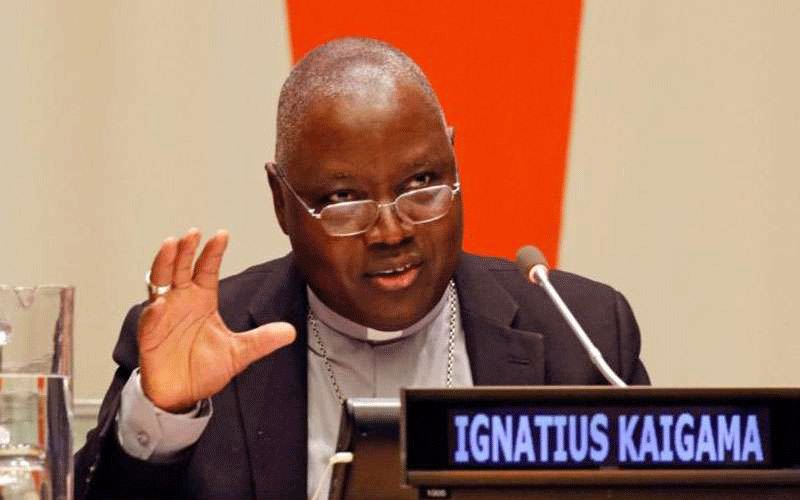Kaduna, 31 January, 2020 / 5:33 am (ACI Africa).
Days after the President of Nigeria, Muhammadu Buhari ordered airstrikes on Boko Haram insurgents and other criminals orchestrating attacks, kidnappings and murders in Africa’s most populous nation, Archbishop Ignatius Kaigama of Abuja has questioned the jihadists’ actions of “killing in the name of God” and called on the Nigerian government to adopt the approach of taking “war to the criminals.”
“Our security agents must do more; our government must take the war to the criminals or those who say they are killing in the name of God,” Archbishop Kaigama who is also the Apostolic Administrator of Nigeria’s Jos Archdiocese has been quoted as saying Wednesday, January 30 during the Silver Jubilee celebration of Jos Ecclesiastical Province at St John's Cathedral, Bauchi in northern Nigeria.
He questioned in reference to the ruthless attacks by Boko Haram insurgents, "How can you meet people and spray them bullets and say you are making God happy? Who told you God needs to be happy? He is happy himself.”
On Sunday, January 26, President Buhari ordered airstrikes against “bandits, kidnappers and cattle rustlers” who have been operating from the forested areas neighboring Kaduna, Niger and Zamfara states in Nigeria.
In ordering the airstrikes, the 77-year-old Head of State has been quoted describing the frequent attacks on local people “a disaster for the nation.”








